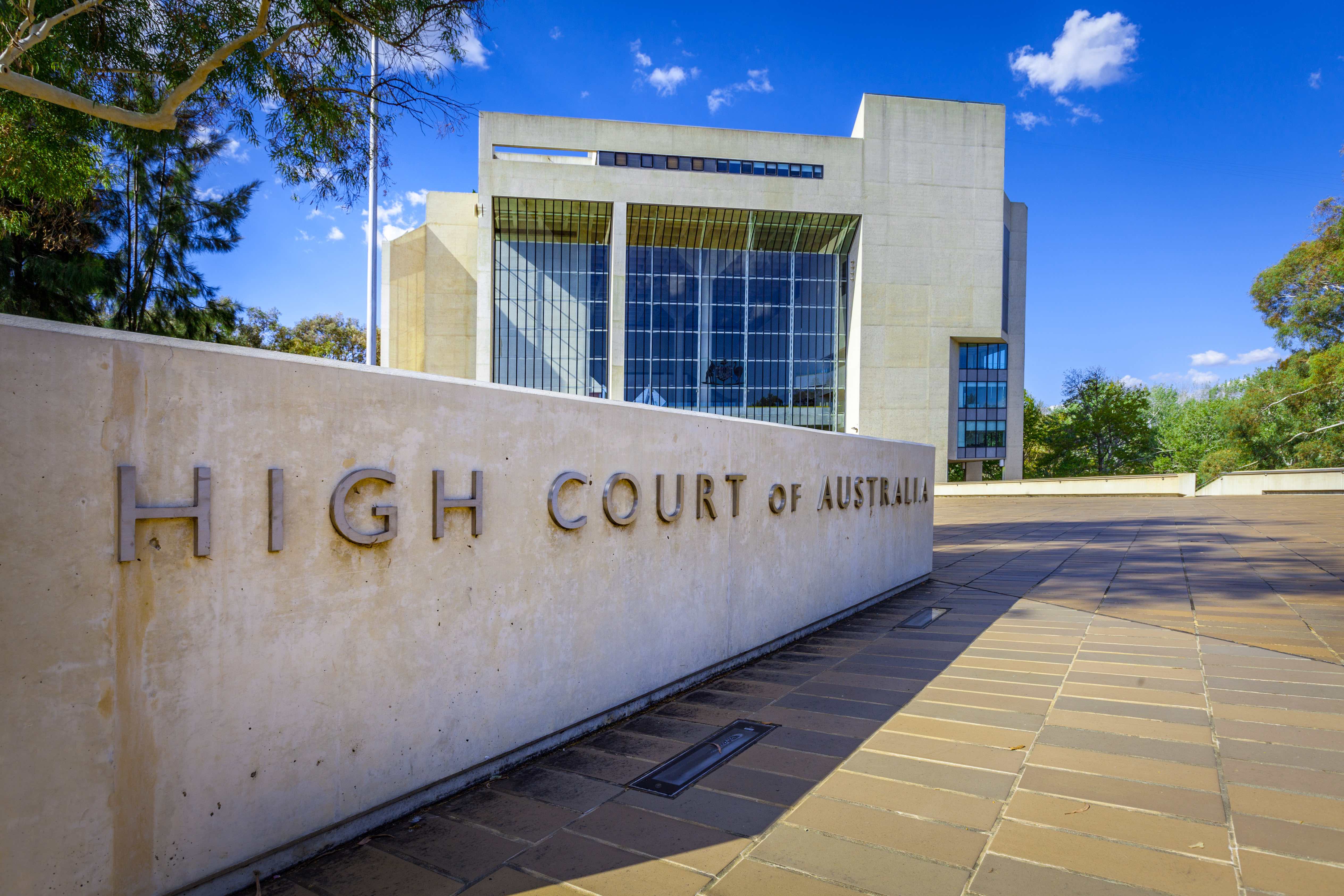High Court. Must it be accepted that, "if a visa applicant is unresponsive, there may come a point in time where it is reasonable for a decision‑maker to exercise the discretion under s 62 of the Migration Act and make a decision to refuse to grant a visa"? If so, could a reasonable decision-maker "have decided that that point had been reached when the plaintiff had obviously misunderstood what was being offered to her and no one attempted to correct her misunderstanding"?
The High Court (HCA) said as follows:
29 Section 62 of the Migration Act, headed "Failure to receive information does not require action", provides:
"(1) If an applicant for a visa:
(a) is invited to give additional information; and
(b) does not give the information before the time for giving it has passed;
the Minister may make a decision to grant or refuse to grant the visa without taking any action to obtain the additional information.
(2) If an applicant for a visa:
(a) is invited to comment on information; and
(b) does not give the comments before the time for giving them has passed;
the Minister may make a decision to grant or refuse to grant the visa without taking any further action to obtain the applicant's views on the information." (emphasis added)
Some of the questions to the HCA were as follows:
Question 1: Does the Migration Act 1958 (Cth) "impose an obligation on a decision-maker to give reasons for exercising the discretion conferred by s 62"?
Question 2: If the answer to Question 1 is 'no', must the power in s 62 be exercised reasonably nonetheless?
Question 3: Must it be accepted that, "if a visa applicant is unresponsive, there may come a point in time where it is reasonable for a decision‑maker to exercise the discretion under s 62 of the Migration Act and make a decision to refuse to grant a visa"?
Question 4: If the answer to Question 3 is 'yes', could a reasonable decision-maker "have decided that that point had been reached when the plaintiff had obviously misunderstood what was being offered to her and no one attempted to correct her misunderstanding"?
Question 5: Are adverse credibility findings susceptible to jurisdictional error on the basis of unreasonableness?
Question 6: May a breach of s 57 of the Migration Act 1958 (Cth) give rise to a jurisdictional error?
Question 7: Is a failure to respond to a s 56 letter seeking further information itself "relevant information" for the purpose of s 57?
Question 8: Was it implicit in the s 56 "letter seeking the plaintiff's comments that a failure to respond would be relevant to the determination of her application"?
Question 9: Does compliance with s 57(2)(b) depend "on an objective assessment of the relevant communication, not on the recipient's subjective understanding"?
Question 10: Direction 84 provided as follows for protection visas: "Where the Department of Foreign Affairs and Trade has prepared country information assessment expressly for protection status determination purposes, and that assessment is available to the decision maker, the decision maker must take into account that assessment where relevant, in making their decision". Can it be said that, "in circumstances where the delegate disbelieved all of the plaintiff's claims, the country information had no relevance"?
The HCA answered those questions as follows:
The remainder of this article is only available to Case Law and Platinum subscribers.
Read our Terms & Conditions and upgrade below:
Monthly Subscriptions
Annual Subscriptions
Where GST applies, the above amounts are inclusive of GST.
Content Types
Basic Content includes basic news, some media articles and selected announcements.
Premium Content includes all our content, except for Case Law Content. In other words, it includes Basic Content, plus all our articles on legislative and policy changes, industry updates and the Migration Legislation Tracker.
Case Law Content includes Basic Content, plus case law summaries, analysis and extract, but does not include Premium Content.
Platinum Content includes Basic Content, plus Premium Content, plus Case Law Content. In other words, it includes ALL our content.
If you already have a Case Law or Platinum subscription, click on 'Login' below.










